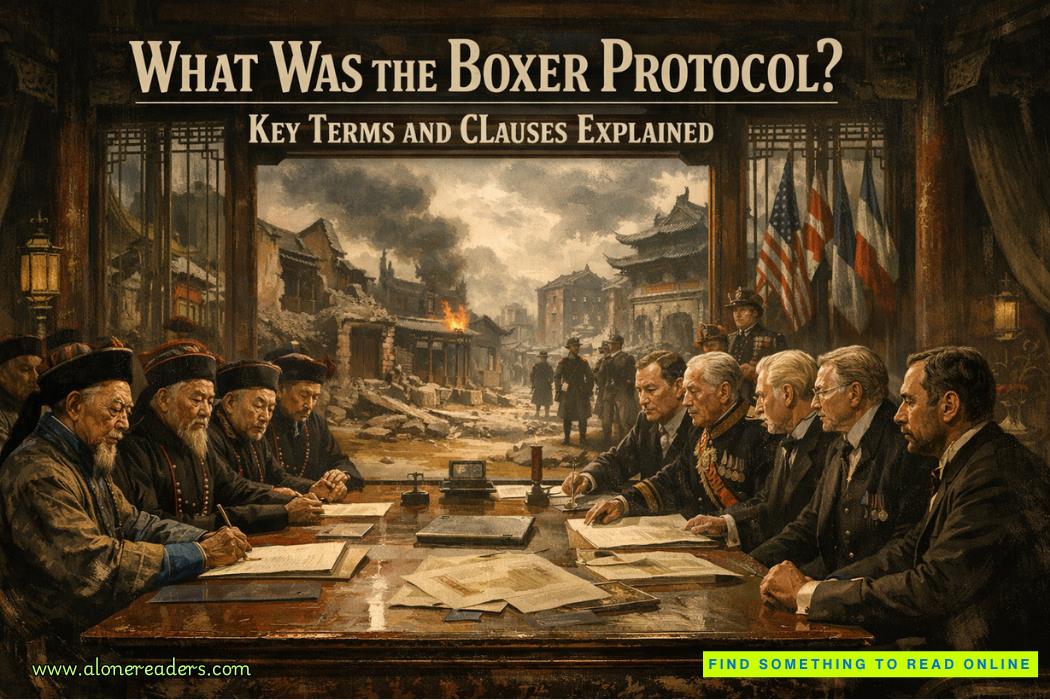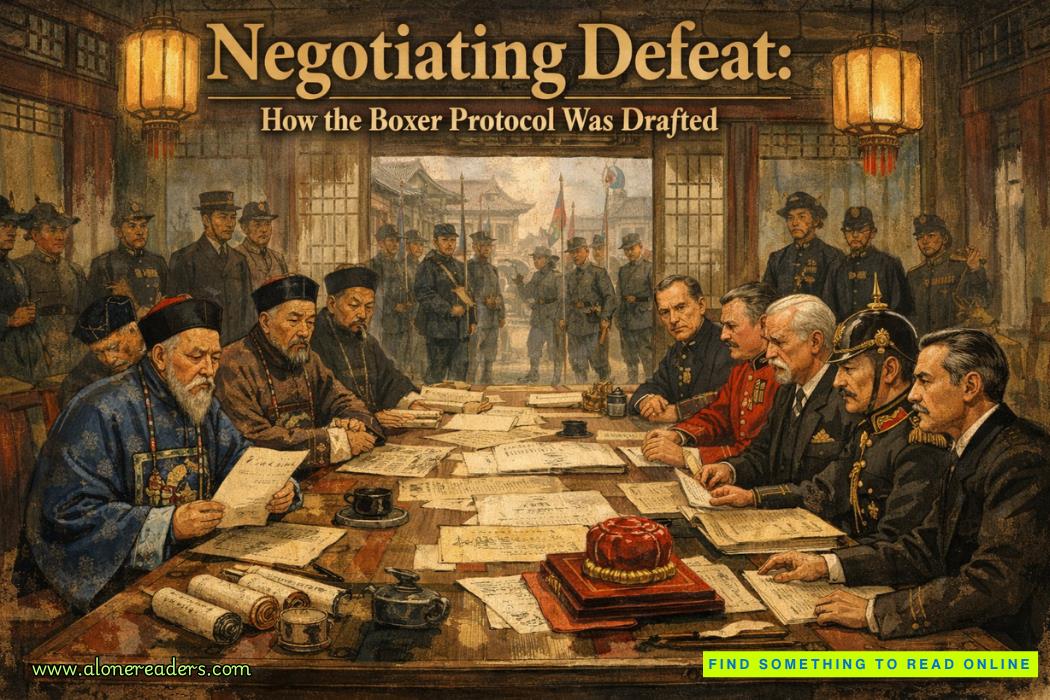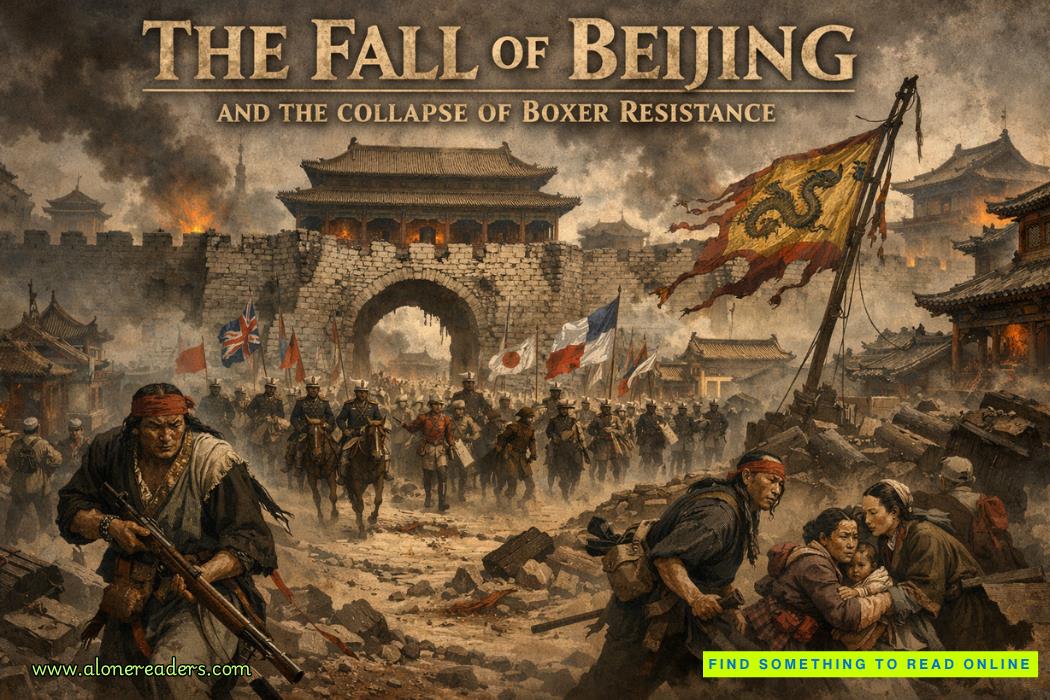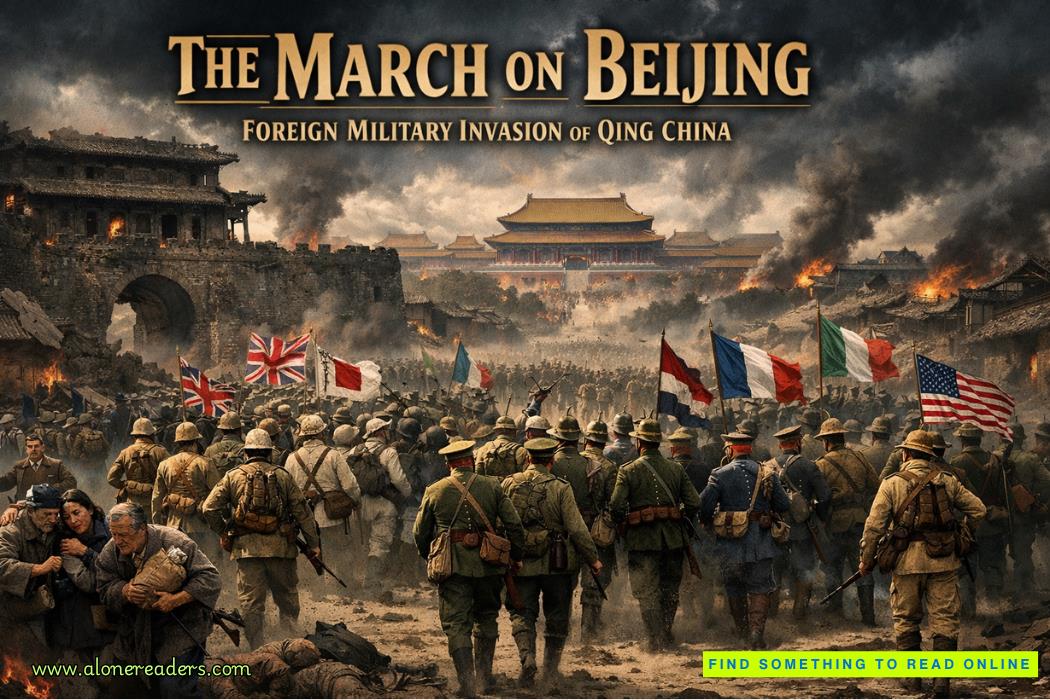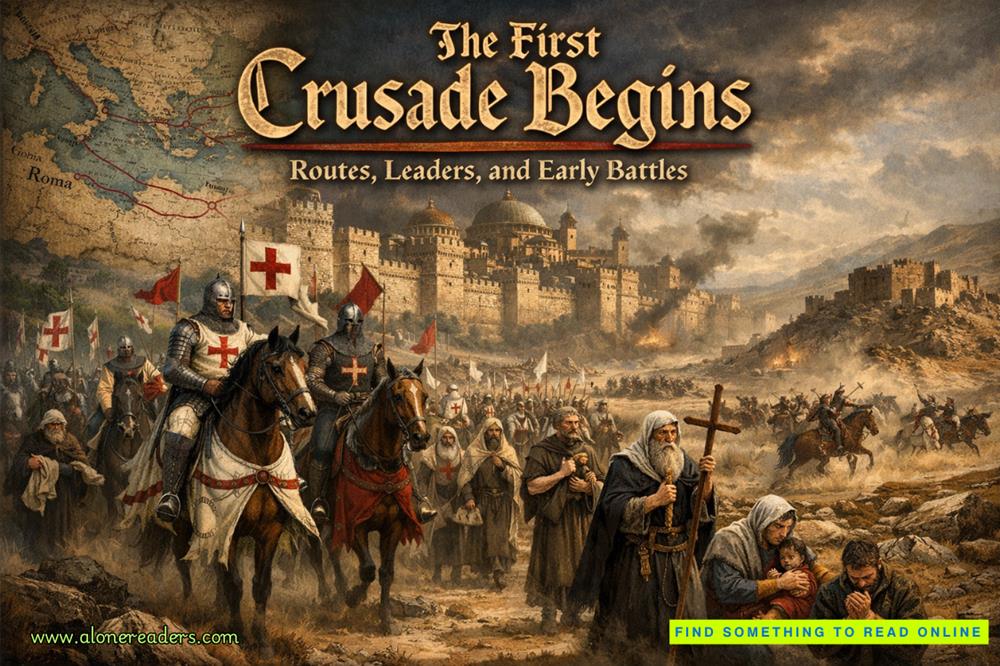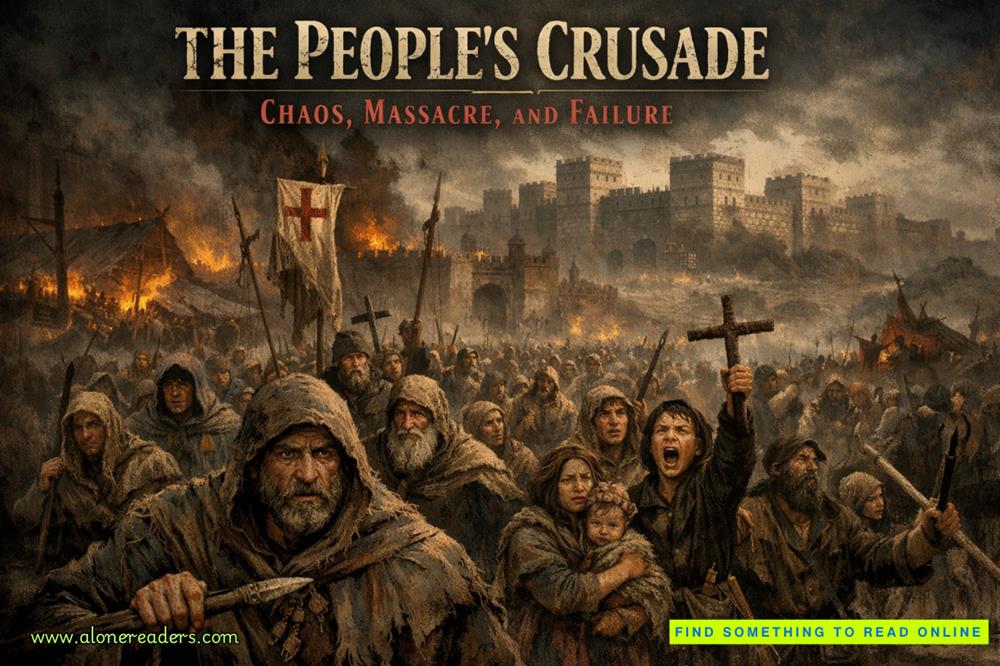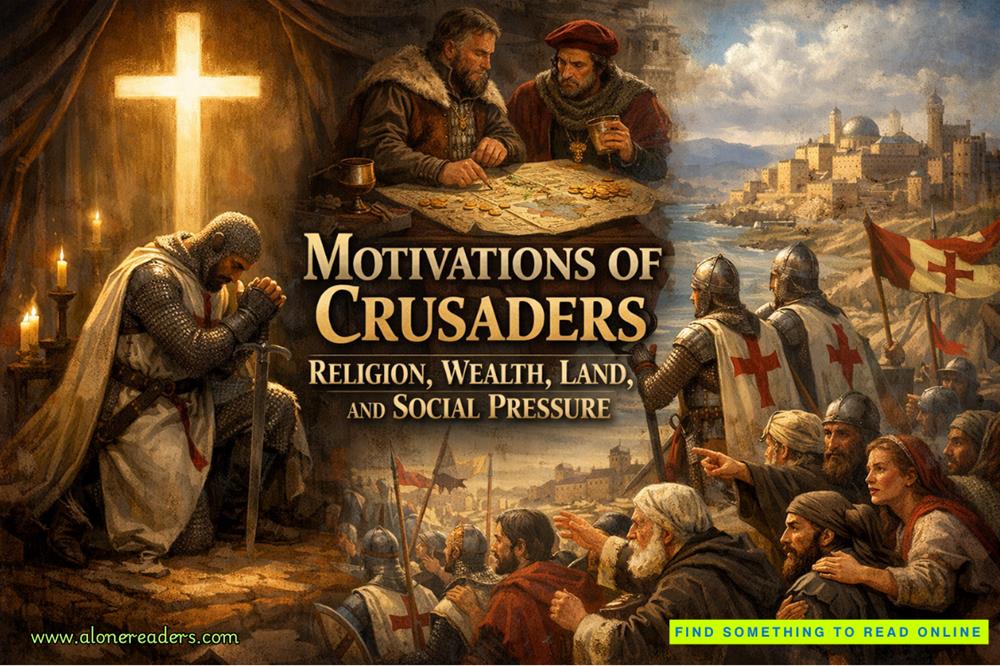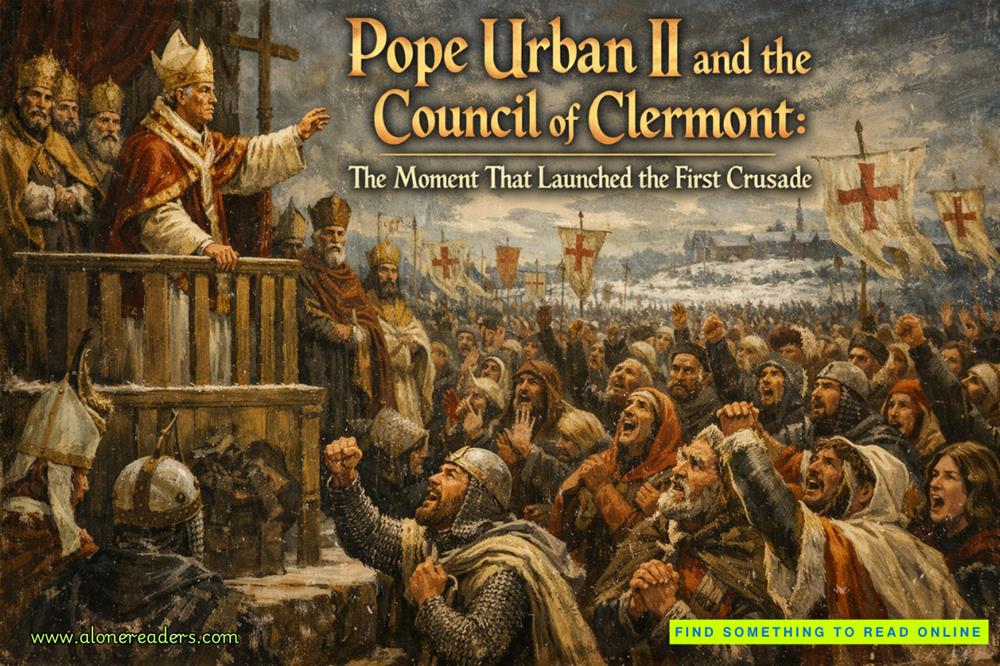Ethan’s eyes dropped to my mouth, then back up. “That normal?” he asked.
“Which part?”
“The part where they look at a driver’s license and change temperature.”
I huffed, a sound that was almost a laugh and almost a cuss. “For me? Sometimes.” I tipped my head, hair a wet flag against my neck. “Granddaddy. People know the name. Doors open.” I paused, letting the question surface. “You’re new. That was … odd.”
“Yeah,” he said. He looked more curious than disturbed, like a man examining a tool he hadn’t known he owned. “I don’t know anyone here.”
I nodded slowly, filed it. I knew what it felt like to live under a name that could flip a room. I just didn’t know how Ethan carried one already.
“Maybe it’s the tags,” I said, glancing toward the silver glint against his chest. “Some cops give military a longer leash.”
His eyes flicked over me, thoughtful. “Maybe.” A pause. “But that felt like more than just service.”
I felt the same. The ease with which they’d shifted made it seem like more.
“You are military, though,” I said carefully, the question nested in the statement.
“Yes,” he said, voice flat but not unkind.
“I noticed yesterday,” I admitted, my voice softer than I meant it to be. “On the beach. The tags. I didn’t want to pry.”
One corner of his mouth moved, but it wasn’t a smile. More like acknowledgment. “Not much to pry. They’re just reminders.”
“Of what?”
His gaze held mine, unreadable. “Of where I’ve been. Who I’ve lost.” The rain tracked down the curve of his jaw, his silence saying that was all he was willing to give.
I didn’t push. I was too intrigued, too aware of the way his voice carried the weight of things left unsaid.
Lightning stitched the clouds a few miles out, silent. He stepped closer until the rain off his shoulders dotted my collarbone. “You’re sure you’re okay?”
That time, it wasn’t a question. It was contact, without his hands. I answered with the truth. “I am now.” My voice went low on the last word like my body had leaned forward to say it for me.
He was inches away. A breath away.
The alley had gone private—noise on either end, the world’s attention moving on, the space between us held like cuppedhands. He lifted his right hand, the knuckles scraped, skin raised where he’d clipped the fence and the man’s jaw. I caught his wrist before he could let it drop. His pulse beat steady under my thumb, a rhythm that felt unreasonably intimate.
“Let me see,” I said, because I needed a reason to keep touching him that wasn’tplease, just please.
It wasn’t bad. Superficial. My voice found a notch between steady and something more. “You should clean it.”
“I will.” His gaze cut to my mouth again, then settled on my eyes, the way a man looks when he’s deciding whether to step off a roof into a river he’s never trusted.
“You ran like that was something you do every day,” I said, because I had to say something that put language around the way my body had reacted to what I’d seen—him moving, him taking charge, the clean, efficient violence of it.
I had never, in my entire catalog of boys and men, met anyone who carried danger like it was a tool and not a costume.
He didn’t pretend. “Sometimes,” he said.
Heat slid low and dense, shameless as a tide. I thought of the toy in my nightstand and felt both absurd and freshly furious with it—its small hum, how it had never given me this. No one had. Not the frat boys or the polished Charleston sons or the good men who’d been safe as church.
My body was opening like a door for a stranger in an alley in the rain because he had put himself between me and a gun without making a speech about it.
“Thank you,” I said again, and the words didn’t feel smaller the second time. “I mean it.”
“Don’t thank me for doing what anyone should have done,” he said.




